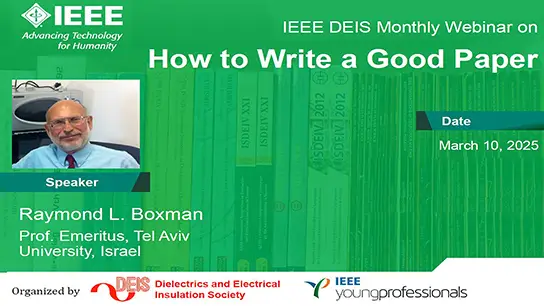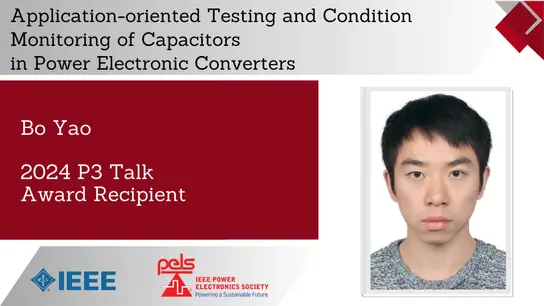-
Members: FreeRFID
IEEE Members: $11.00
Non-members: $15.00Length: 00:15:11
27 Apr 2021
The commodity passive RFID system employs slotted ALOHA protocol to interrogate the tags within the reader's communication range. So, at each time slot, there is only one RFID tag communicating with the reader. This degrades the network throughput, especially in large-scale RFID deployments such as warehouses. Recently, parallel decoding techniques are proposed, which can only read less than ten tags at each time slot. So, it is not applicable for warehouse applications, where there are thousands of RFID tags. In this paper, we propose to achieve parallel decoding with compressive sensing technique for multi-reader large-scale RFID system. Since it is difficult to decode the collisions from multiple tags at one reader, we distributively deploy multiple readers. However, we have to consider the inter-reader interference. Even though there are thousands of tags deployed in the large warehouse, they may not backscatter the signals at each time slot simultaneously due to the heterogeneity. Therefore, this sparsity property of backscattering signals can allow us to leverage compressive sensing to decode multiple tags simultaneously with multiple readers. Our simulation results reveal that compressive sensing can efficiently achieve parallel decoding in multi-reader large-scale RFID system.


